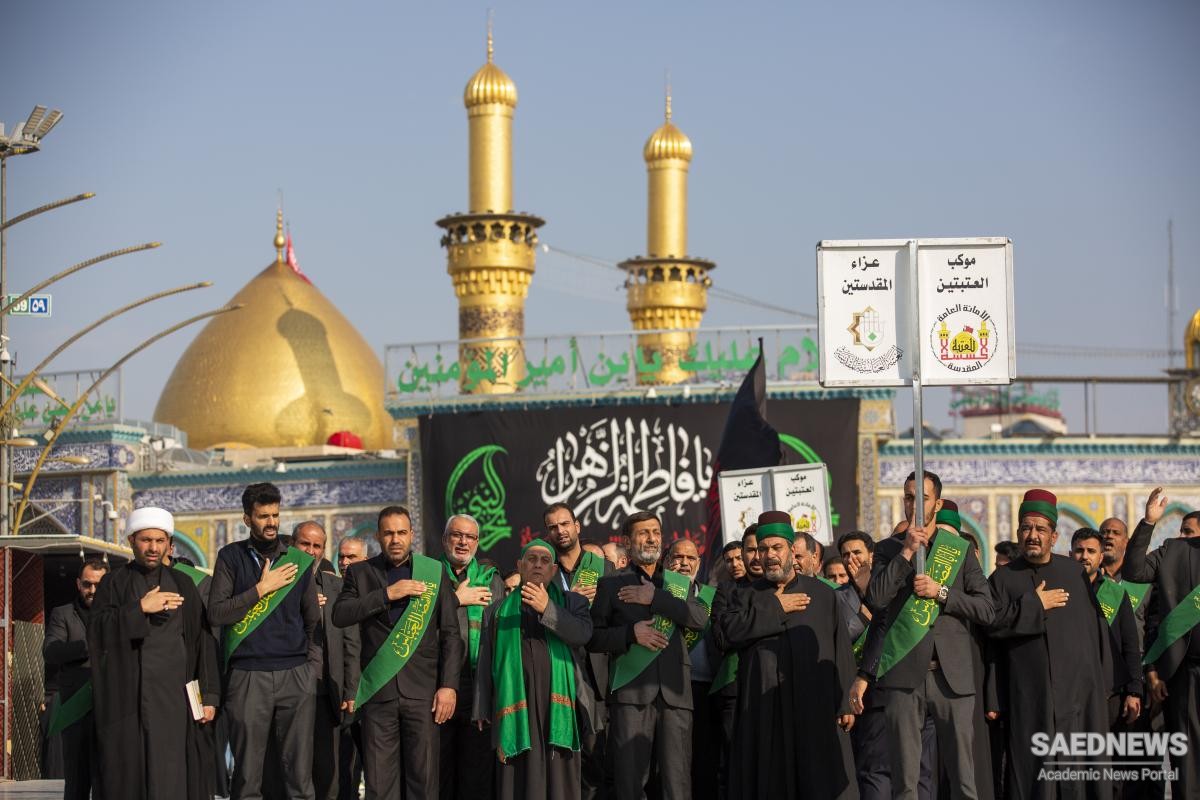The Prophet of Islam, peace and blessings be upon him and his family, said: "Whosoever dies without recognizing the Imam of his time dies the death of the Jahiliyyah." The reason for this is that during the Jahiliyyah pre-Islamic era of ignorance the people were polytheists; they knew nothing of either monotheism or of prophethood. This categorical declaration by the Prophet, peace and blessings be upon him and his family, shows the importance that he assigned to the Imamate, to the degree that if someone fails to place his spiritual life beneath the protective cover of a perfected ruler he is equivalent to one whose whole life was spent in the Jahiliyyah and then went unredeemed to his death.
The Most Noble Messenger, peace and blessings be upon him and his family, was well aware that after he had departed for the proximity of his Exalted Lord, the community would lose its unifying foundation, fall into a whirlpool of division and dissent, and be full of struggle and disorder. The newly established Islamic community was composed of the migrants - including the Bani Hashim, the Bani Umayyah, Adiyy and Taym - on the one hand, and the Helpers (ansar) - subdivided into the Aws and Khazraj tribes - on the other. Once the matchless leader that was the Prophet had departed, ambitions arose on every hand, and instead of being concerned with the interests of Islam, men sought to capture leadership and rule for themselves, wishing to transform divine leadership into tribal rule. The varying aspirations and tendencies that arose heft no firm, unifying bond in place among people, a profound tragedy that the Prophet had foreseen and to which he had alerted his followers: "My ummah will divide into seventy three factions, only one of which will attain salvation, the other factions being destined for hellfire."
The greatest blow that was struck against the unity of Islam after the death of its founder, sowing the seeds of dissension among Muslims, was the difference of opinion relating to the question of rule and leadership. It led to wars, rebellions and bloody struggles, sundering the unity of the Muslims and scattering their unified ranks. If indeed the Prophet had not made some provision for the painful situation - a situation he foresaw - if he had not attempted to prevent the emergence of the vacuum that would have threatened the very existence of Islamic society, quitting this worldly stage without any plan for safeguarding his ummah from misguidance, would this not have created great problems with respect to government and the administration of affairs? The gravity of future problems was, moreover, apparent even without the receipt of communication from the Origin of Revelation and unseen agents.
How is it possible to imagine that Most Noble Prophet, peace and blessings be upon him and his family, should have neglected nothing in the proclamation of his message but paid no attention to the future course of Islam and its culture, to the guardianship of the truth, and the preservation of both religion and society, entrusting all this simply to the hand of fate and whatever circumstances might later arise? Was it possible that he should not select a captain to steer the ship of the ummah away from the dangerous waves of dissension that he expected it to encounter?


 Imamate and Twofold Leadership in Islam: Spiritual and Material
Imamate and Twofold Leadership in Islam: Spiritual and Material














































